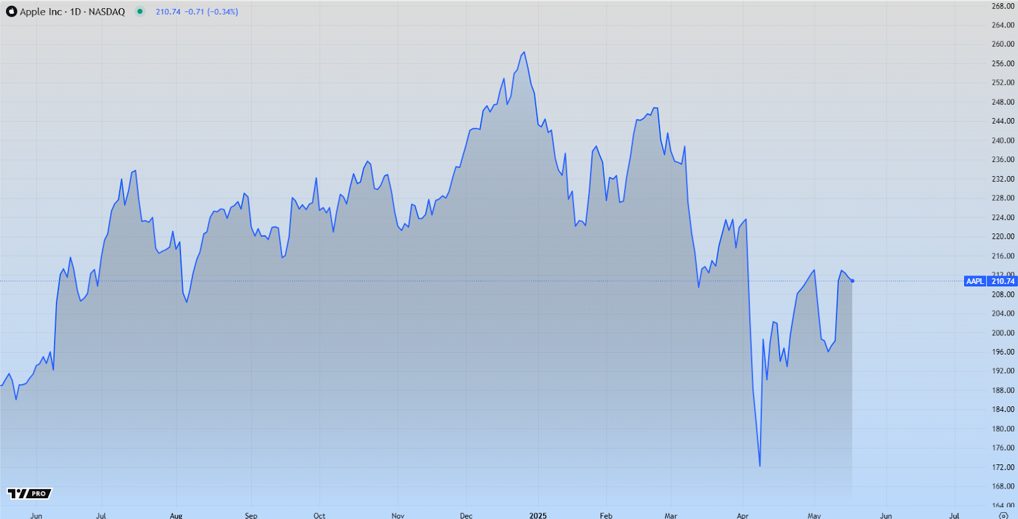When starting a small business, one of the most important steps is creating a comprehensive business plan. A business plan will serve as an outline and map for the future of your business, providing both direction and guidance for your decisions. Writing a business plan can seem like a daunting task, however, if you break the process down into manageable steps, it becomes much easier. In this article, we’ll discuss the process involved in writing a business plan that will help you achieve your goals.
Analyze Your Concept
Before you start writing the actual plan, take some time to thoroughly analyze your business concept. Think about what makes your idea unique and whether the marketplace has room for it. Ask yourself questions, such as who would buy this product or service? What would my target demographic be? What do I need to charge in order to make a profit? How will I market my product or service? All these questions are essential in helping determine what kind of financial resources you may need and if there’s an actual demand in the market.

Perform Market Research
In addition to analyzing your concept, conduct detailed research into the competition, trends and customer needs specific to your industry. Performing thorough market research provides valuable insight into current gaps in the market that can be filled by your product or service and allows you to identify opportunities for growth within it. To get started, use this how to write a small business plan template for comprehensive guidance.
Define Your Mission and Objectives
After obtaining a better understanding of the industry from various angles, start defining your mission statement and objectives clearly so they stand out in your business plan in specific detail. Your mission statement will be a brief overview of your company’s purpose and the goals you ultimately want to achieve.
Set Up Financial Projections
Every professional-looking business plan contains sufficient financial projections, which include both expected income sources, such as sales revenue and expenses associated with launching or operating your business. This will help potential investors understand the financial needs and potential of your business. When calculating your financial projections, consider the cost of marketing, product development, and other necessary expenditures.
Outline Your Marketing Strategies
Your business plan should also include a comprehensive marketing strategy that will help you acquire and retain customers. Begin by defining your target audience and consider the best approach to reaching them, such as traditional advertising, social media campaigns, or digital marketing strategies like content creation and SEO optimization.
Finalize Your Plan
After all the sections of your business plan have been completed, make sure to read through it carefully and edit any mistakes. Finally, you should create a summary page that outlines the main points of your plan. This way investors or other interested parties can quickly understand what kind of business you are trying to launch and the strategies you intend to use.
Additional Tips for Writing a Business Plan
To create the best version of your business plan, here are additional tips to consider:
- Keep It Simple
Make sure that your business plan is easy-to-follow, clear, and concise. Avoid using excessive jargon and long sentences, as this can make your plan difficult to understand. Instead, focus on quality by making sure all information is presented correctly and that readers can quickly get the facts they need.
- Use Reliable Research Sources
It’s important to back up your claims and assumptions with accurate, up-to-date facts. Use reliable research sources and industry data to support the points you make in the document.
- Use Visuals
Incorporate visuals into the presentation of your document, such as graphs, images, and charts where appropriate, as this will help explain complex topics more easily for readers who may not have any background knowledge about the subject matter covered within your business plan.
- Showcase Success Stories
If you have already gained traction with some customers or achieved early successes, be sure to include them in your business plan to give potential investors greater confidence in their investment decision-making process.
- Update Your Plan Regularly
Business plans don’t have an expiration date, but they should be updated regularly as market conditions change or trends emerge. Check your business plan at least twice a year to make sure it’s still relevant and on track with your current strategy and objectives.
Creating a business plan is an important step in a successful venture. It provides clarity for the vision and direction of your company, while helping assess potential risks and opportunities along the way. By following these steps, you’ll have all the necessary components for writing an effective business plan that can help take your small business idea from concept to reality.





